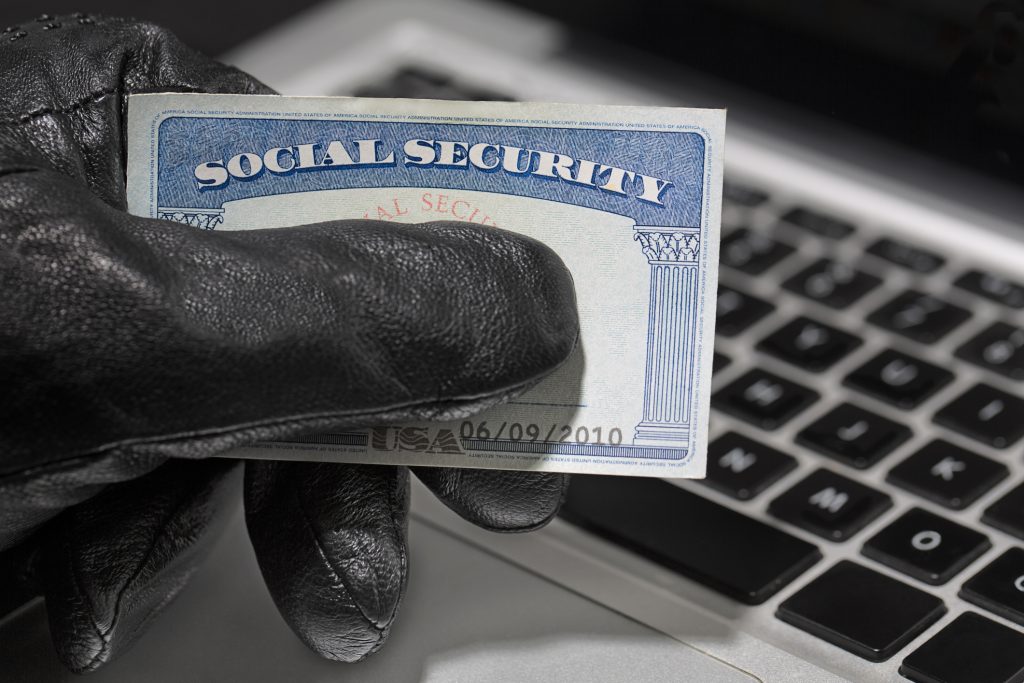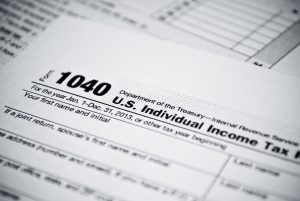COVID-19 has shut down many businesses, causing widespread furloughs and layoffs. Fortunately, employers that keep workers on their payrolls are eligible for a refundable Employee Retention Tax Credit (ERTC), which was extended and enhanced in the latest law.
Background on the credit
The CARES Act, enacted in March of 2020, created the ERTC. The credit:
- Equaled 50 percent of qualified employee wages paid by an eligible employer in an applicable 2020 calendar quarter,
- Was subject to an overall wage cap of $10,000 per eligible employee, and
- Was available to eligible large and small employers.
The Consolidated Appropriations Act, enacted December 27, 2020, extends and greatly enhances the ERTC. Under the CARES Act rules, the credit only covered wages paid between March 13, 2020, and December 31, 2020. The new law now extends the covered wage period to include the first two calendar quarters of 2021, ending on June 30, 2021.
In addition, for the first two quarters of 2021 ending on June 30, the new law increases the overall covered wage ceiling to 70 percent of qualified wages paid during the applicable quarter (versus 50 percent under the CARES Act). And it increases the per-employee covered wage ceiling to $10,000 of qualified wages paid during the applicable quarter (versus a $10,000 annual ceiling under the original rules).
Interaction with the PPP
In a change retroactive to March 12, 2020, the new law also stipulates that the employee retention credit can be claimed for qualified wages paid with proceeds from Paycheck Protection Program (PPP) loans that aren’t forgiven.
What’s more, the new law liberalizes an eligibility rule. Specifically, it expands eligibility for the credit by reducing the required year-over-year gross receipts decline from 50 percent to 20 percent and provides a safe harbor, allowing employers to use prior quarter gross receipts to determine eligibility.
We can help
These are just some of the changes made to the ERTC, which rewards employers that can afford to keep workers on the payroll during the COVID-19 crisis. Contact us for more information about this tax saving opportunity





